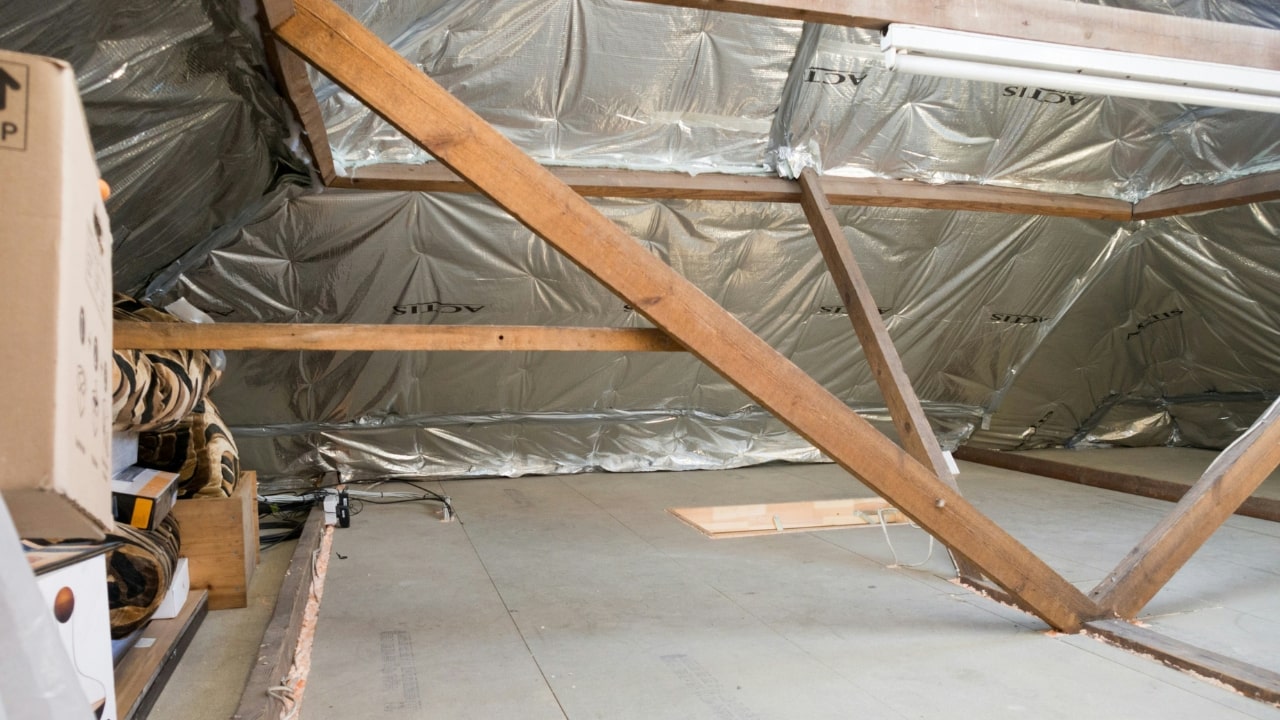Why your winter power bill is going to surprise you—and how to stop it
Every year, winter power bills catch people off guard. You think you’re ready—your thermostat’s set, your vents are open, and you’ve done what you can to keep the house comfortable. Then that bill hits, and it’s way higher than last year’s. The problem isn’t always that you’re using more energy. Sometimes, it’s that your home and habits are working against you without you realizing it.
Your heat is escaping faster than you think

Even the smallest drafts can make your system run nonstop. Windows, doors, and unsealed outlets leak more warm air than most people realize. You can feel it if you hold your hand near the edges on a cold day. A few rolls of weatherstripping and some outlet insulators can make a noticeable difference. It’s not exciting, but it’s one of the cheapest fixes that actually works.
Your HVAC filter is working overtime
A dirty air filter forces your heater to push harder to move air, which drives up your energy use fast. You should be changing or cleaning it monthly during winter, especially if you have pets or use your system often. A clogged filter can increase energy use by 10–15%, which adds up quick over a few cold months.
You’re relying too much on space heaters
Portable heaters might seem like a good way to save money, but they’re one of the biggest culprits behind high winter bills. They draw a lot of electricity, especially if you’re running more than one. If you need extra warmth in a certain room, use them sparingly and look for models with thermostats or automatic shut-offs.
Your thermostat habits aren’t helping
Constantly adjusting your thermostat makes your system work harder than keeping it steady. Every time you bump it up or down, your heater burns through extra energy trying to catch up. A programmable thermostat can save money by maintaining consistent temperatures, especially at night or when you’re away.
Your water heater is running nonstop
Hot showers feel great when it’s freezing outside, but heating water is one of the biggest energy drains in winter. Lower your water heater to 120°F and insulate the tank if it’s in a cold area like the garage or basement. It’ll still give you plenty of hot water without wasting as much energy.
You’re blocking your vents
Furniture, curtains, or rugs covering vents can trap warm air and make your system run longer to heat the room. Go around and make sure nothing’s blocking them. You’d be surprised how often this happens, especially after rearranging a space for the holidays or winter décor.
Your insulation isn’t doing its job

If your attic or crawl space insulation is thin, you’re probably losing heat through the roof and floor. This is one of those upgrades that pays for itself quickly in energy savings. Adding or replacing insulation helps keep warm air in and cold air out, so your system doesn’t have to work as hard.
Your lights and electronics add up
Shorter days mean lights stay on longer, and more time indoors means more screen time and plugged-in devices. Even small things—chargers, lamps, and TVs on standby—can contribute to higher bills. Switching to LED bulbs and unplugging what you’re not using can make a bigger dent than you’d think.
Utility rates go up in winter
Even if your usage doesn’t change, your bill might rise because of rate increases. Many utility companies charge more during high-demand months, especially when temperatures drop. Checking your rate plan or calling your provider can help you find ways to offset seasonal spikes, like off-peak programs or budget billing.
Your power bill doesn’t have to take you by surprise this year. Most of these issues are fixable with small changes, not major upgrades. A few smart habits and a little maintenance can make your home more efficient—and your winter a lot more affordable.
Like Fix It Homestead’s content? Be sure to follow us.
- I made Joanna Gaines’s Friendsgiving casserole and here is what I would keep
- Pump Shotguns That Jam the Moment You Actually Need Them
- The First 5 Things Guests Notice About Your Living Room at Christmas
- What Caliber Works Best for Groundhogs, Armadillos, and Other Digging Pests?
- Rifles worth keeping by the back door on any rural property
*This article was developed with AI-powered tools and has been carefully reviewed by our editors.







